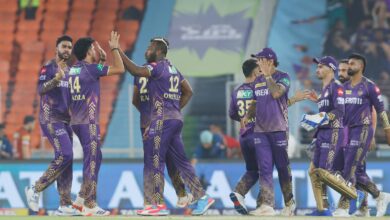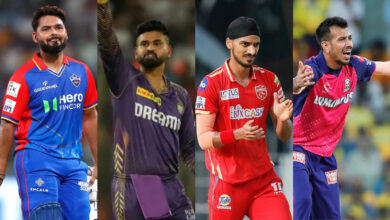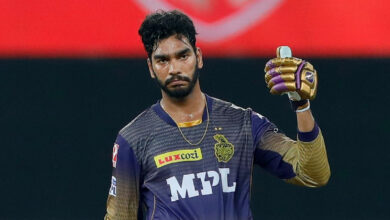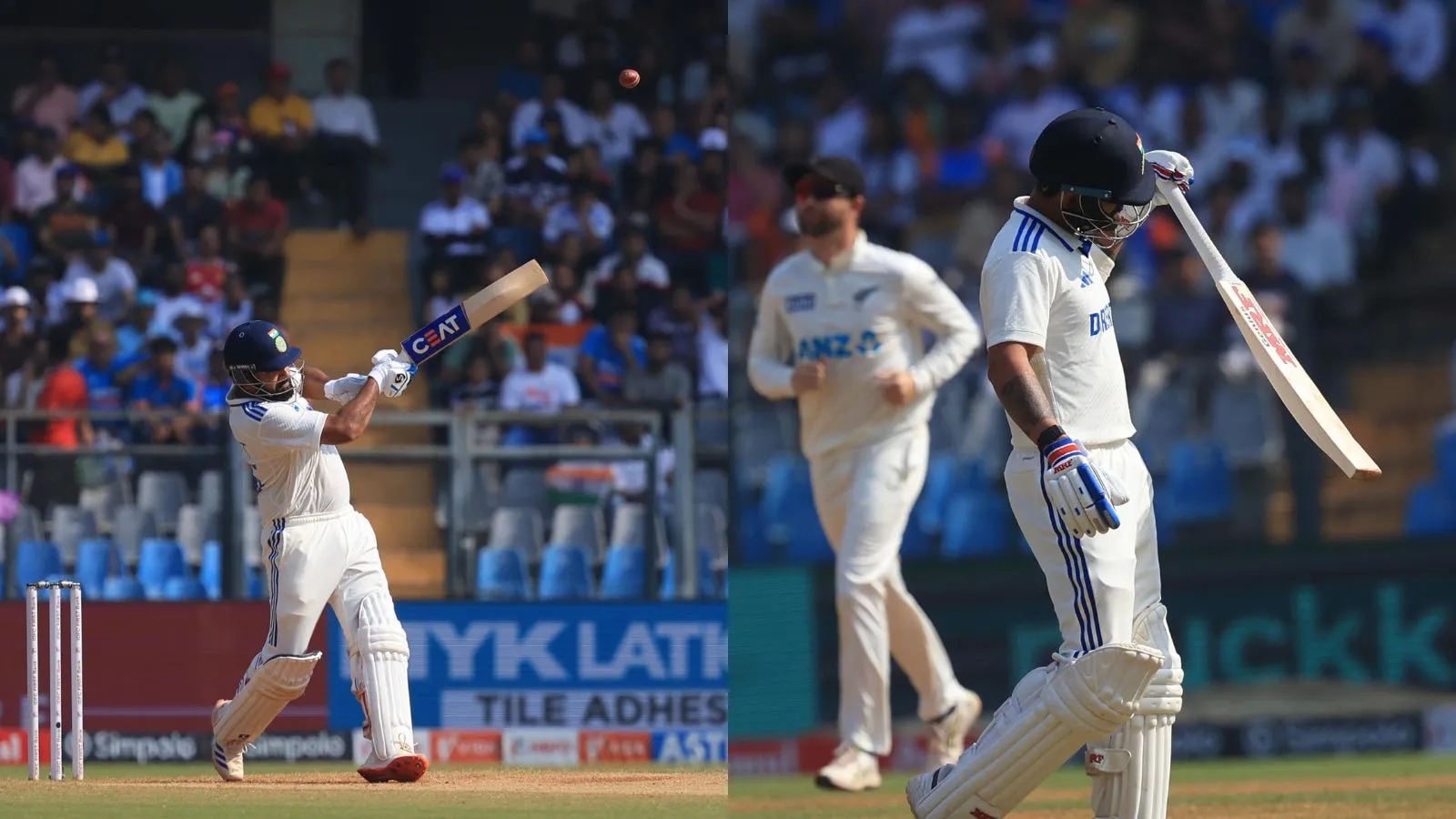A free-spirited 90s cricketer, Andrew Symonds felt caged cricket’s corporatisation

Two days before the 2009 edition of the World Cup, Andrew Symonds, after months of abstinence from the bottle, could not res the lure of the wine any longer. In the evening, he snuck out of the hotel room and hit the bottle, where he drank deep into the night. The next morning, then captain Ricky Ponting confronted him and conveyed the message that he was flying back home.
But Symonds, far from being hurt, felt a breeze of relief. “Once I had got home from England, and everything had settled down, it was a relief,” he later told The Guardian. that time, playing for his country, his childhood dream, was a burden. “I felt like I was in a cage. Always under the microscope. I wasn’t having fun anymore. I wasn’t enjoying it,” he admitted.
Then 34, he joined Surrey, where later he found happiness, where the laid-back soul of county cricket helped him rediscover the lost joy of playing cricket. For him, an unabashed hitter of the cricket ball, playing cricket was all about finding that joy. But somewhere in his time, as cricket lurched to a more cut-throat, professional realm, he became an anachronism, a misfit. The sport itself, and the culture around Australian cricket, was rapidly changing. Gone was the matey-ship of the Mark Taylor-Steve Waugh era, replaced a regimented and structured environment of gnarled pros, wherein he felt as imprisoned as suffocated.
🍺pic.twitter.com/3mJ86gInPy
— cricket.com.au (@cricketcomau) May 15, 2022
He belonged to that in-between generation of cricket, wherein the game had not shed its rustic charm yet not fully embraced modernism. He felt vulnerable. Some of his like-spirited teammates resed changes, like Shane Warne, who was too towering a figure to change. Some others, like Ponting, plunged into the fresh waters, re-imaging himself. But Symonds chose to be what he was, as he always had been in his life, raw but genuine, untouched affectation, a bit old-fashioned, a 90s Australian cricketer in spirit, playing in the wrong era. The values, cultures and perceptions had changed indiscernibly. Former captain Mark Taylor summed up Symonds perfectly. “In a way he was a bit of an old-fashioned cricketer, would not have been out of place playing in the ’70s or ‘80s. He just wanted to entertain.”
He was a cavalier in an era of confused roundheads. Not for him the new-age mechanics of sport. “I’m passionate about cricket, but it is not the be all and end all of my life. I like the outdoors, and I like having a good time,” he once told the press. He could not stop time, change it, or even go back.
As the calendar got busier and restrictions tighter, he craved that me-time. He hated all that new-age jazz—advertisements, sponsors, interview requests, endless team meetings—and in the rare time he got, he ravenously took to the bottle. “I would let nothing get in the way of it, and drank as though alcohol were to disappear from the face of the earth,” he said. He was like a heavy-metal band drummer who found himself in the company of Eminem and Snoop Dogg. He was the cricketer whose only dream in cricket was to share a drink with his hero Keith Miller, who was as charismatic as he was colourful.
Inevitably, as men who are found at odds with the ideals of a milieu, he was branded a rebel, worse a trouble-maker, a template of fault. Another era, another time, his fishing trip to Darwin would have only embellished his cult; he would have been applauded for McCullum rant as a show of Aussie vigour; him punching someone at the bar or shoulder charging a streaker would have all of us affectionately calling him “one of those characters.” Or positively macho. Him gagging his Mumbai Indians teammate Yuzvendra Chahal and forgetting about the incident would have been considered as banter and not abuse.
Even the monkey-gate incident—which would follow him everywhere, and engrave itself invisibly on his epitaph—would have been perceived differently, at least would not have spiralled into a melodrama it turned out to be. “I didn’t realise the politics, the power, the money until this moment in my career. I didn’t realise how powerful one player, one incident could be, how much money was at stake and the ramifications,” he said. He was oblivious to the changes around him, blissful in his ivory tower.
Between January 2008 and 2009, he was at the heart of almost every cricketing scandal that brew in Australia. He was projected as the metaphor of the decadence that had crept into Australia’s cricket culture. An embodiment of all that was wrong with the game in the country. He was fined and sacked several times, counselled even more times, made to apologise and made to sign an agreement that if he was found drunk, he would immediately be axed from the team, before the 2009 T20 World Cup. As it turned out, he did, and was axed forever.
But Symonds, typically, had no regrets. “The only real regret I have in cricket was signing that contract. If I had my time again I would have said, ‘You know what? There is no way I’m signing that,” he later said. Here, as well in the past, Symonds was just being Symonds. True to himself, his instincts and values, those that would have endeared him to the masses in a different era, but found himself judged an era that was at odds with his spirit, like a bird imprisoned in a golden cage. He loved cricket, but perhaps he loved himself even more. The crux of Symonds the cricketer was his own tussle with the changing times, a battle he was doomed to lose.







